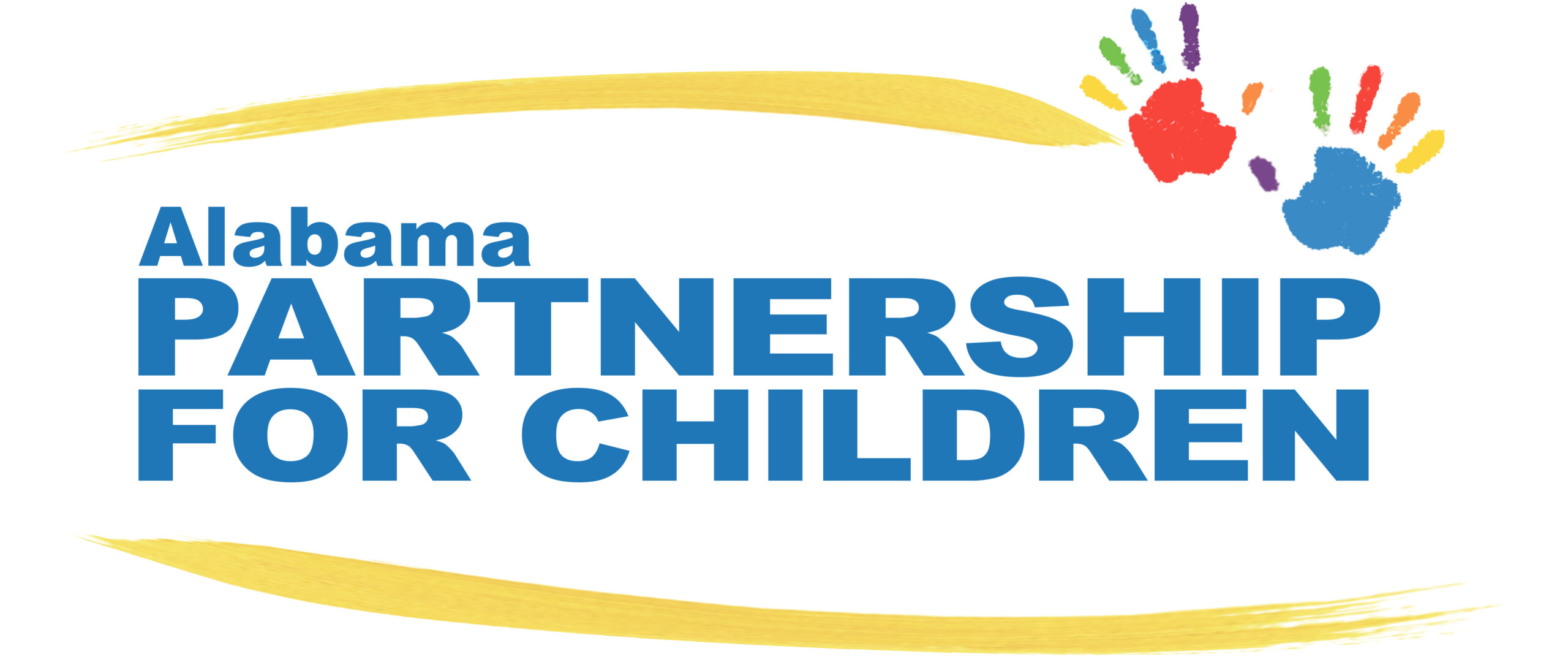Alabama Parent Survey Results
Working Families and Child Care in Alabama Online survey of working families conducted between May 18, 2020 and June 2, 2020 Alabama Partnership for Children (APC) The APC offered the survey through multiple child care and workforce partner agencies as an online assessment of working families’ child care needs. The results offer us direction about […]
Report from the 5th Annual Alabama Project LAUNCH PDI and Summit

The 5th Annual Alabama Project LAUNCH Professional Development Institute (PDI) and Summit was held May 8 & 9 in Tuscaloosa. There were 156 registrants and four tracks at the PDI, the most tracks and sessions ever offered. This year’s event had very positive reviews, including comments that this year’s PDI was the best one yet. […]
Free Milestone App Available in English or Spanish

From birth to age 5, your child should reach milestones in how he or she plays, learns, speaks, acts, and moves. Track your child’s milestones from age 2 months to 5 years using a new mobile application provided by the Center for Disease Control and Prevention’s (CDC). In the app you’ll find easy-to-use illustrated checklists, […]
APC Launches Exciting New Program for T.E.A.C.H. Early Childhood® Alabama Graduates

The Alabama Partnership for Children (APC) launched a new retention incentive program for T.E.A.C.H associate and bachelor’s degree graduates. Through this opportunity, T.E.A.C.H. associate degree graduates are eligible to receive a $1,000 stipend every 6 months, and bachelor’s graduates are eligible for a $1,500 stipend every 6 months. In order to qualify, participants must meet […]
Grade-Level Reading Requirement in the Alabama Literacy Act

In an op-ed published May 21st, A+ Education Partnership President Mark Dixon wrote, “The bottom line is that children who cannot read on grade level by the fourth grade are unlikely to graduate.” Dixon wrote this in support of Alabama House Bill 388 — the Alabama Literacy Act — which would require that children not […]
Early Childhood Education Positions

The Alabama Partnership for Children (APC), the state-level nonprofit agency focused on young children and their families, has multiple openings in exciting new programs to support high-quality child care and children’s early literacy. Entry-level as well as program coordinator positions are available. The positions are full-time, and minimum qualifications include a Bachelor’s degree in […]
APC Receives $600,000 Grant to Increase Access to Quality Child Care Statewide

The Alabama Partnership for Children has been awarded a $600,000 grant from the W.K. Kellogg Foundation to increase access to quality early care and education programs statewide by educating parents, child care providers and the community about the benefits of regulated child care. The grant will support the Alabama Partnership for Children’s work of […]
New Federal Report Endorses National Help Me Grow Model Already Existing in Alabama

A new joint policy statement, released by the U.S. Departments of Education and Health and Human Services, includes a recommendation for states to adopt a centralized intake, screening and referral process, specifically naming Help Me Grow® as an effective strategy, a national model from Connecticut Children’s Medical Center up and running in Alabama. The report, which encourages […]
Blueprint for Strong Families, School Readiness, and Prosperity Materials Released

This 2018 election cycle is important, as all of our state’s administrative offices and up to one-third of our state legislature are up for election. From the Governor’s office down through many county and city officials, we want investments in young children and families to be a primary focus of those in leadership roles. […]
Alabama Project LAUNCH PDI and Summit Presentations and Handouts

Alabama Project LAUNCH Professional Development Institute Strengthening Adult Capacities to Ensure Children’s Optimal Development May 3, 2016Presentations and Handouts Infant/Early Childhood Mental Health Consultation Services Presenter: Dallas Rabig, LPC Infant/Early Childhood Mental Health Consultant (I/ECMHC), Alabama Project LAUNCH Presentation Sources After the ASQ (Ages and Stages Questionnaire): Tools for Parents and Providers Presenters: Katie Naman Help […]
